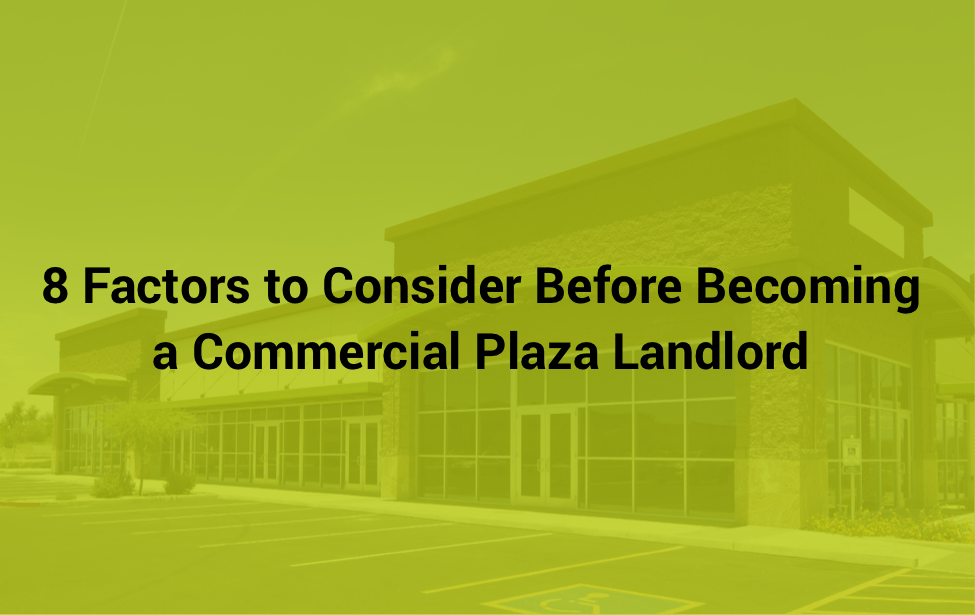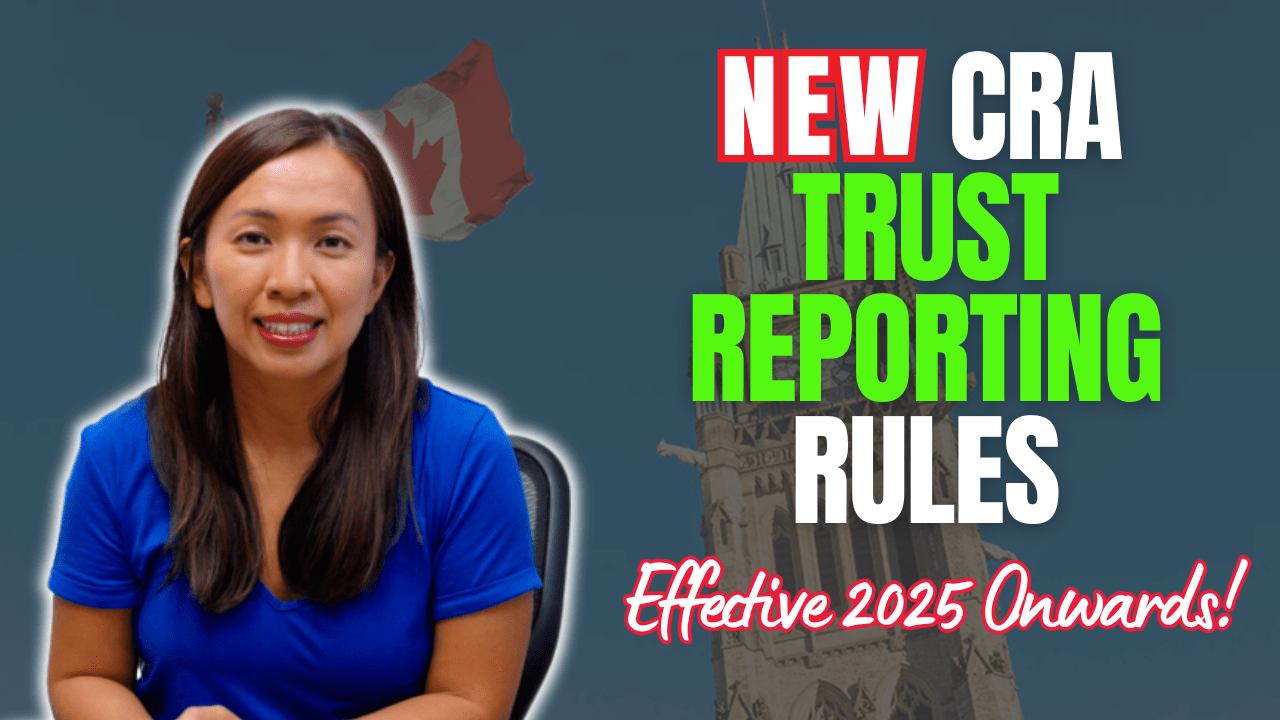I used to do property management for a few commercial plazas.
They are mostly located outside of Toronto. One of them happened to be in Burlington.
Because the operation was small, I did everything. From rental contract, real estate agent negotiation, insurance, snow plough contract, parking restriction and accounting; I did everything. Although, I could have done with some form of property management software to make the running of everything a bit smoother and more streamlined.
I haven’t done it in years, but recently I saw a local Burlington woman complaining about how the Burlington plaza I used to manage hired a towing company to tow away cars that belong to patrons who went to a restaurant next door.
This got many Burlington folks upset. Many said that they would boycott the plaza.
Having had managed this plaza a few years back, I could tell you that the landlords have been fighting the people who abused the plaza parking for years.
There were many people who parked at the plazas, took off for the entire day and came back at night.
It’s a strip mall with under 10 retail tenants and a few small offices. Unless you work there, it’s unlikely you can spend the entire day at the plaza.
Tenants complained about lack of parking space. Tenants themselves also saw some of these people leave their vehicle and go to other locations.
What can the landlord do?
Hire a towing company to ensure people do not park at the plaza for over 3 hours.
Our cars also got towed at our office building last year. Our landlord had an agreement sharing parking with our next door neighbour. Somehow, there was a disagreement last year and our next door neighbour started towing any cars that park in their side of the lot.
We can’t blame our next door neighbor. Our landlord is truly the one to blame. Communicate with the tenants, make sure people who come to your building are aware that they are not allowed to park next door.
In this Burlington incident, the restaurant is truly the one to blame. Signs should be hung to make sure your customers’ cars aren’t disappearing when they finish their meals.
-
- You need to have deep pockets
There are many successful commercial plazas, office buildings and industrial buildings.
But there are also many vacant ones.
I used to live next to an industrial building (the previous tenant was a brewery), it sat vacant for years. There’s only ONE unit.
When it sits vacant, who’s going to pay for the mortgage, property taxes and insurance? This building sat vacant for more than five years. - Vacant unit affects valuation of your property
Vacant units don’t look good and landlord must pay for the vacant units’ share of property taxes, maintenance and insurance.
Vacant units also affects the evaluation of a commercial plaza.
Valuation of any commercial property is driven by the quality of existing tenants, term of existing leases, location and market cap rate.
More often than not, if there are vacant units in the property, the valuation of the property is lowered. Bank financing can be more restrictive, and owners/buyers will have to pay higher amounts of downpayment to make up the difference. - Limit your liability in a corporation
Corporation is probably a safe way to own a strip mall or an industrial building.
When I was managing these plazas, I got a call from a lady claiming that she slipped and fell.
She was asking for money as compensation.
We immediately called our snow plow company and checked to see what happened.
This father and son snow plow company kept a diligent log of which date had snow and what they had done every day.
The father told us that there was no snow that morning. Snow was plowed a week before. All side walk was salted. Unlikely someone would slip and fall.
We told the lady the same thing, never heard back from her again.
The horror stories would happen! You better be prepared for them. Owning your commercial plaza in a corporation is one way to protect yourself! - Buying appropriate insurance & ensure your subcontractors have the right insurance as well
Continuing from the slip and fall incident above, if your snow plowing contractor has appropriate insurance, even if the lady has a claim on you, chances are, this snow plowing company’s insurance would cover it.
We are now supposed to check that contractors have proper Workplace Safety Insurance (WSIB). You, as the landlord, should also check to see if they have proper insurance before working with them.
The next step is to ensure that you get appropriate and sufficient coverage on your insurance in the commercial plaza. Making sure you have an appropriate landlord insurance quote is integral if you’re looking to see success as a landlord.
Be sure to read your insurance policy, know what you are responsible for and what’s covered. - You need to calculate the additional rent properly
Many commercial plazas, office buildings and industrial buildings have triple net rent arrangement. This means that the lease rate does not cover property taxes, insurance and maintenance.
As prospective tenants, they have no way to find out what the true rent will be, unless you provide an estimate of the property taxes, insurance and maintenance.
These expenses are usually measured on a $ per square foot basis.
An annual reconciliation is done. If there is any overpayment, landlord credits the tenants. If there’s an undercharge, the tenants reimburse the landlord.
If the quote you are giving to your tenants are not up to date, a large amount can be owed to you at year-end.
When your tenants are getting your annual statement, they may not be prepared to receive such a large bill. - Keeping track of capitalized expense vs regular maintenance expense
Continuing from point 5 above, while tenants are responsible for the property taxes, insurance and maintenance of the property, landlord is usually responsible for the capital expenditure.
Depending on how you draft up your lease, this capital expenditure can include (but not limited to) the following:- HVAC for each individual unit and common area
- Roof
- Paving
- Building structure
A proper reserve should be set aside to prepare for the capital expenditures.
Only those true day to day maintenance expense should be charged back to the tenants.
Separate accounts in your accounting system should be used to keep track of expenses that can be charged back for easy reconciliation at year-end. - Drafting up the right lease is the key
To avoid confusion and dispute in the future, it is important to have an experienced lawyer drafting up the proper lease.
Definition of what is included and what is excluded should be discussed and included as part of the lease. - Tenant inducement
Many Canadian commercial plazas landlords provide tenant inducements as they are the one responsible for most renovation expenses inside the unit.
Landlords provide free rent period to allow tenants to renovate and get the unit ready for rent.
Be sure to notify your accountant about this rent-free period as taxation on it is different.
- You need to have deep pockets
If you do commercial plaza properly, they can be very lucrative. After all, your tenants pay for property taxes, insurance and maintenance. You are only responsible for the structure and equipment and mortgage!
Unlike residential properties, you can kick out your tenants for nonpayment of rent immediately.
You can even ask for their personal home as collateral for the rent.
Until next time, Happy Canadian Real Estate Investing.
Cherry Chan, CPA, CA
Your Real Estate Accountant






Flo
Is it common practice to ask the personal home as a collateral for rent? If the tenant does not agree, what other options are there?
Cherry Chan
I’ve seen it happening in the properties that I managed.
I’ve also seen the landlord taken the house as the tenants failed to pay the rent.
How common is it? You need to consult a commercial real estate agent. 🙂
Ellen E. McCullers
Thank’s, It’s a great thing that this article suggested the importance of Vacant unit affects valuation of your property.